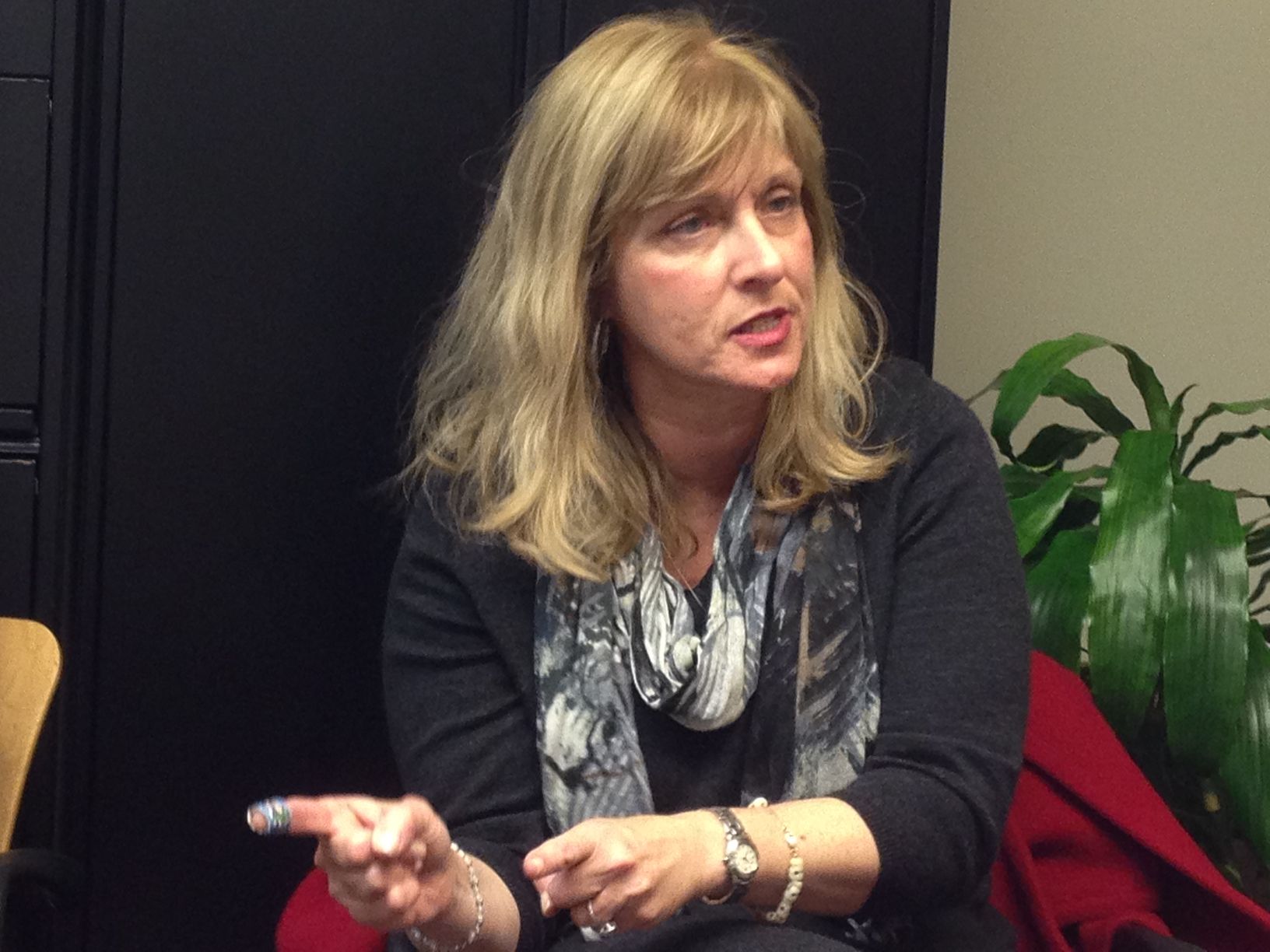State Assemblywoman Michelle Schimel (D-Port Washington) said Monday she believes the state’s new $15-per-hour minimum wage will not only benefit workers, but improve Long Island’s economy as well.
“The more money you put into people’s hands, particularly at the low end of the wage scale, the more money is infused into the economy,” Schimel said. “They will buy more milk, more bread, more newspapers. They will be spending the money.”
The minimum wage increase, which will be phased in over the next six years, was part of the $155 billion budget agreed upon Friday by Gov. Andrew Cuomo and state Senate and Assembly members.
On Long Island, the minimum wage will increase by $1 each year until 2021, beginning Dec. 31, 2016 at $10.
In New York City, the wage increase will take full effect Dec. 31, 2018.
State Sen. Jack Martins (R-Old Westbury) said raising the minimum wage in increments was the safest way to confirm its practicality for the economy.
“We’re also raising the minimum wage to better enable low-income workers to support themselves but in predictable increments over a period of six years with protections to ensure that our economy can support it,” Martins said in a statement.
Schimel said the state would conduct a study in 2019 to “gauge the economic impact” of the minimum wage increase.
“If it’s found that it is not a benefit, we will take into account a temporary suspension or look further into it,” she said.
Schimel also said state lawmakers made sure to take into account the needs of low-wage workers and businesses when deciding if a $15-per-hour minimum wage was best for the state.
“I think what we came up with was very fair and does raise work towards giving New Yorkers a livable wage,” she said. “We also took into account small businesses, which were understandably nervous.”
Schimel said the state budget included about $36 million for not-for-profits and health-care agencies such as home-care workers, personal care workers, and Office for People with Developmental Disabilities direct care workers.
“That is something that was a real fight to make sure they are not punished,” she said. “It won’t drive companies that are so important out of business.”
The minimum wage increase has been met with both praise and criticism.
John R. Durso, president of the Long Island Federation of Labor, said the wage increase was a victory for the “250,000 working men and women of the Long Island Federation of Labor.”
“Millions of New York State residents will now be better equipped to provide for their families, keep a roof over their heads and enhance the standard of living for some of the most economically vulnerable members of our society,” Durso said in a statement. “With New York State poised to be the first state in the country to reach a $15-per-hour minimum wage, we will show the rest of the nation a path to an economy that works for us all, and not just the wealthy few.”
According to Newsday, a group of 20 Long Island farmers met with U.S. Rep. Lee Zeldin (R-Shirley) on Saturday to voice their concerns about the minimum-wage increase, which they said might increase their costs.
Zeldin told Newsday that while the federal government could not get rid of the state wage increase, it could potentially help by reducing regulations for seasonal workers.
“There are overreaching regulations harming agriculture unnecessarily,” he said.



